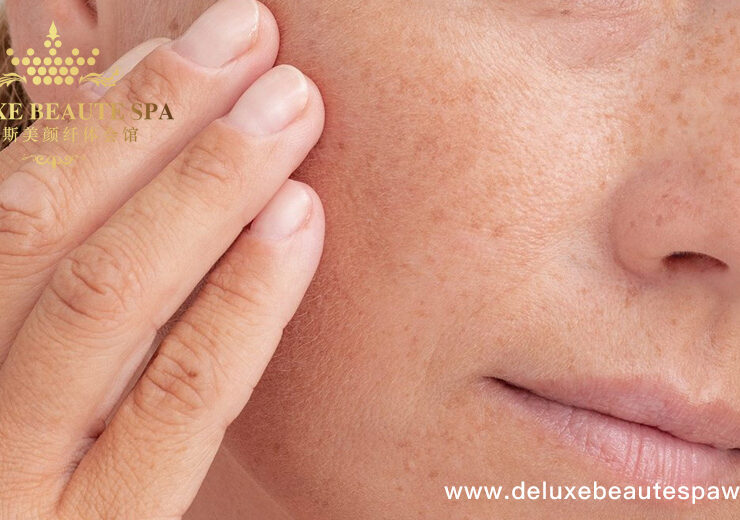The EPA in Omega-3s helps preserve collagen, while both EPA and DHA help reduce inflammation.
Foods rich in Omega-3s: salmon, tuna, sardines, mackerel, walnuts
Protein is essential for building new tissue, including skin. When protein is consumed, the body breaks it down into amino acids, which also play a role in the production of collagen.
Foods rich in protein: fish, lean beef, kangaroo meat, pork, chicken, eggs, beans, lentils
Vitamin C is known to fight the common cold, but it does so much more. It fights signs of aging by helping your body produce collagen, a protein that gives skin its elasticity and prevents sagging.
Foods rich in vitamin C: yellow peppers, dark green leafy vegetables, kiwi, broccoli, strawberries, oranges, tomatoes
Healthy fats like this help your skin retain moisture. They also help the body absorb essential nutrients and vitamins.
Foods rich in monounsaturated fat: olive oil, pecans, avocados
Glutathione is an antioxidant that prevents cell damage and fights free radicals. It also removes toxins from the body and aids in iron metabolism.
Glutathione-rich foods: asparagus, garlic, avocado, zucchini, pumpkin, peaches
Isoflavones are polyphenols that help prevent the breakdown of collagen. They can even reverse sun damage.
Foods rich in isoflavones: edamame, tofu, soy milk and soy products
Lycopene is a carotenoid commonly found in red fruits and vegetables that protects the skin from sun damage, keeping it smooth. It also improves the vascular system.
Lycopene-rich foods: tomatoes, pink grapefruit, papaya, guava, carrots, watermelon, red peppers
These molecules play an important role in keeping skin hydrated and giving it a youthful glow. Ceramides work by binding cells together and retaining moisture, keeping skin moisturized from within.
Foods rich in ceramides: beetroot, spinach, kale, brown rice, wheat germ
Zinc is important for skin renewal and repair. It’s a key ingredient in cell production and even helps treat acne.
Foods rich in zinc: oysters, shrimp, lamb, beef, spinach, pumpkin seeds, cashews
These friendly bacteria are known for reducing inflammation and oxidative stress. Probiotics are found in most fermented foods and are also good for the digestive system.
Foods rich in probiotics: natural yogurt, kefir, sauerkraut, kimchi, kimchi, miso soup
Potassium regulates the transfer of nutrients to skin cells. It also plays a role in the hydration of the skin as it regulates the water balance in the body.
Foods rich in potassium: bananas, apricots, dark leafy greens, squash, mushrooms
Find more anti-aging skin care tips here and subscribe to Deluxe Beaute Spa for beautiful, healthy skin.









